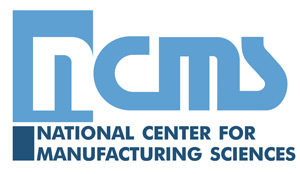NCMS, APLU, & LIFT Host Workshop on Revamping Work-and-Learn Strategies in Higher Ed
On June 4-5, NCMS, along with the Association of Public and Land Grant Universities (APLU) and Lightweight Innovations for Tomorrow (LIFT), a Manufacturing USA institute, will be holding a meeting titled “Securing the Future of American Engineering & Manufacturing,” subtitled “A Workshop on the New, Re-Imagined World of Universities and Work-and-Learn Workforce Development Strategies,” in Washington, DC.
Over the past year, NCMS has been engaged in a partnership with APLU and LIFT to identify the best ways for universities can work with manufacturers to develop their workforce of the future. The partnership has already produced two installments of a report series on how two- and four-year institutions can redesign curricula to better prepare students for manufacturing careers in lightweight technologies and materials. This upcoming meeting will consist of an interactive workshop, where attendees will discuss models for work-and-learn programs that have proven successful for industry and academia.
A major impetus for this workshop is the fact that existing work-and-learn strategies used by universities are no longer sufficient to meet employer and student needs. NCMS is interested in helping universities think through how best to design and implement new, more effective work-and-learn strategies in engineering and manufacturing education—moving beyond traditional internships, co-ops, and forms of problem-based learning. These strategies embrace a greater level of employer engagement.
The audience will be comprised of engineering and manufacturing faculty, department chairs, associate deans, deans, university economic and workforce development officers, and other select engineering/manufacturing associations, NGOs, and individuals interested in learning about and implementing new, innovative, and more employer-engaged work-and-learn educational strategies on their campuses. Attendees will be encouraged to break the mold, think out-of-the-box, and be more creative—even provocative—in their work-and-learn program design and implementation.
